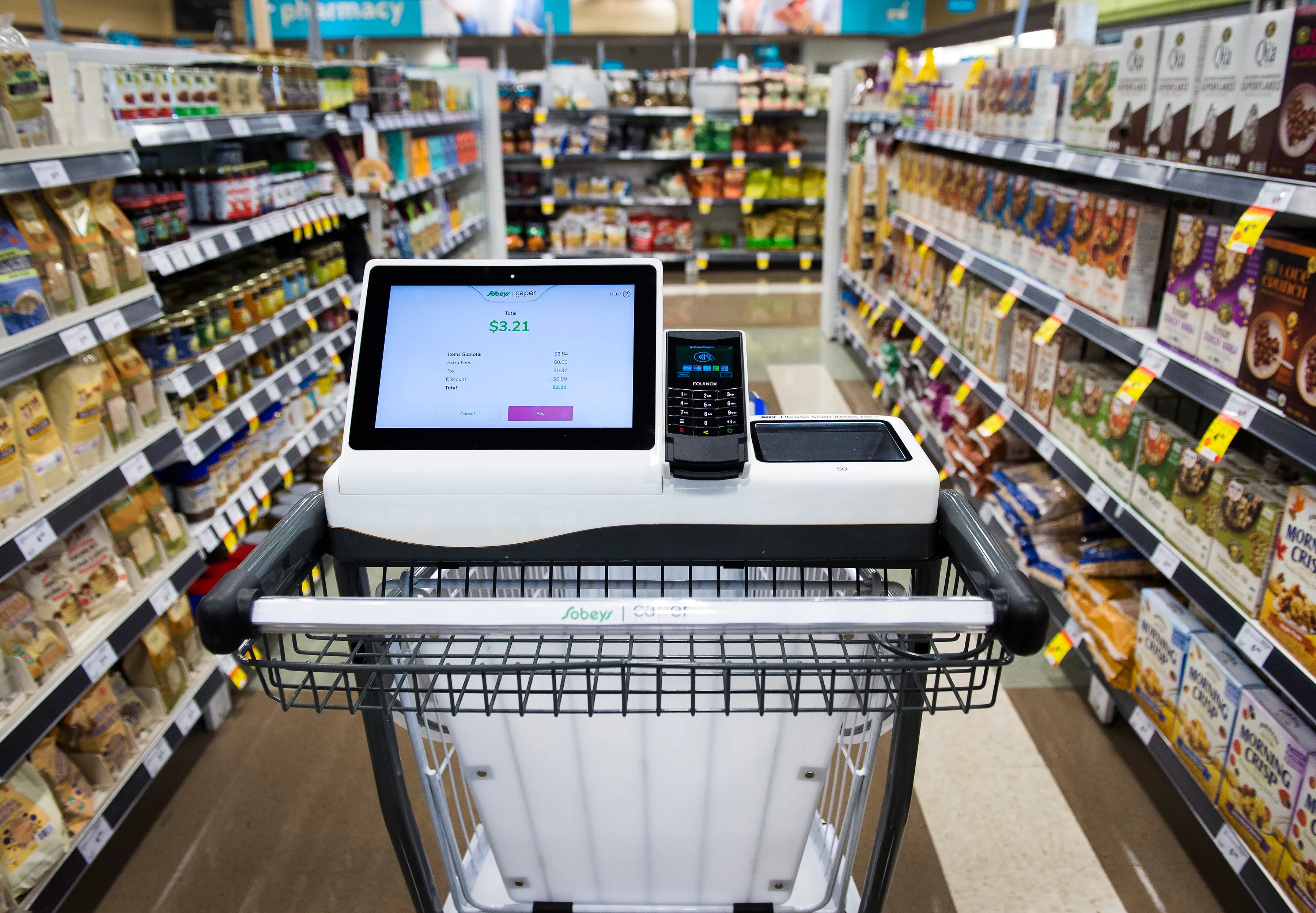
AI-Powered Cart Scanning: Faster Checkout, Lower Costs?
In the fast-paced world of retail, AI cart scanning is emerging as a game-changer. This technology promises faster checkout and lower costs, transforming how we shop. As tech giants and retailers race to implement these systems, the potential benefits are immense. However, concerns about pricing accuracy and surveillance loom large. Early adopters like Amazon Fresh and regional chains are already testing this innovation, setting the stage for a retail revolution. In this article, we'll explore the impact of AI-powered cart scanning on the retail landscape, examining both the opportunities and challenges it presents.
The Rise of AI Cart Scanning
AI cart scanning technology is rapidly gaining traction in the retail sector. By automating the checkout process, it offers a seamless shopping experience. This innovation is driven by the need for efficiency and cost reduction in a competitive market. Retailers are increasingly turning to AI to streamline operations and enhance customer satisfaction.
How AI Cart Scanning Works
AI cart scanning utilizes advanced sensors and machine learning algorithms to identify items in a shopping cart. This technology can accurately scan and tally products, reducing the need for manual checkout. By integrating with existing retail systems, it ensures a smooth transaction process, minimizing errors and enhancing speed.
Benefits for Retailers
For retailers, AI cart scanning offers significant advantages. It reduces labor costs by minimizing the need for checkout staff. Additionally, it enhances transaction efficiency, allowing stores to serve more customers in less time. This technology also provides valuable data insights, helping retailers optimize inventory and improve sales strategies.
Challenges and Concerns
Despite its benefits, AI cart scanning raises several concerns. Pricing accuracy is a major issue, as errors in scanning can lead to incorrect charges. Additionally, the use of AI in retail raises privacy and surveillance concerns. Consumers worry about how their data is collected and used, prompting calls for greater transparency.
Addressing Pricing Accuracy
To address pricing accuracy, retailers must ensure their AI systems are regularly updated and calibrated. This involves continuous testing and refinement to minimize errors. Retailers can also implement customer feedback mechanisms to quickly identify and resolve pricing discrepancies, maintaining trust and satisfaction.
Privacy and Surveillance Issues
Privacy concerns are paramount in the age of AI. Retailers must be transparent about data collection practices and ensure compliance with privacy regulations. Implementing robust security measures and providing clear communication to consumers can help alleviate fears and build trust in AI-powered systems.
Early Adopters and Case Studies
Amazon Fresh is at the forefront of AI cart scanning adoption. By integrating this technology into their stores, they offer a glimpse into the future of retail. Regional chains are also experimenting with AI systems, testing their effectiveness in various market conditions. These early adopters provide valuable insights into the practical applications of AI in retail.
Amazon Fresh's Implementation
Amazon Fresh has successfully implemented AI cart scanning in select locations. This move has streamlined their checkout process, reducing wait times and enhancing customer experience. By leveraging AI, Amazon Fresh is setting a new standard for efficiency and innovation in the retail industry.
Regional Chains Testing AI
Regional chains are also exploring AI cart scanning, tailoring the technology to their specific needs. These tests provide valuable data on the system's performance in different environments. By analyzing these results, retailers can refine their strategies and maximize the benefits of AI integration.
Future Prospects and Innovations
The future of AI cart scanning is promising, with ongoing advancements in technology. As AI systems become more sophisticated, they will offer even greater efficiency and accuracy. Retailers are poised to benefit from these innovations, driving further adoption and integration across the industry.
Technological Advancements
Advancements in AI technology are set to enhance cart scanning capabilities. Improved algorithms and sensor technologies will increase accuracy and speed, further reducing the need for human intervention. These developments will make AI cart scanning an indispensable tool for modern retailers.
Expanding Applications
Beyond checkout, AI cart scanning has the potential to revolutionize other aspects of retail. From inventory management to personalized marketing, the applications are vast. As retailers explore these possibilities, AI will continue to reshape the shopping experience, offering new opportunities for growth and innovation.
Conclusion
AI cart scanning is transforming the retail landscape, offering faster checkout and lower costs. While challenges like pricing accuracy and privacy concerns remain, the potential benefits are undeniable. As technology advances, retailers must navigate these issues to fully realize the advantages of AI. By embracing innovation and addressing consumer concerns, the future of retail looks bright. Explore the possibilities of AI cart scanning and stay ahead in the competitive retail market.